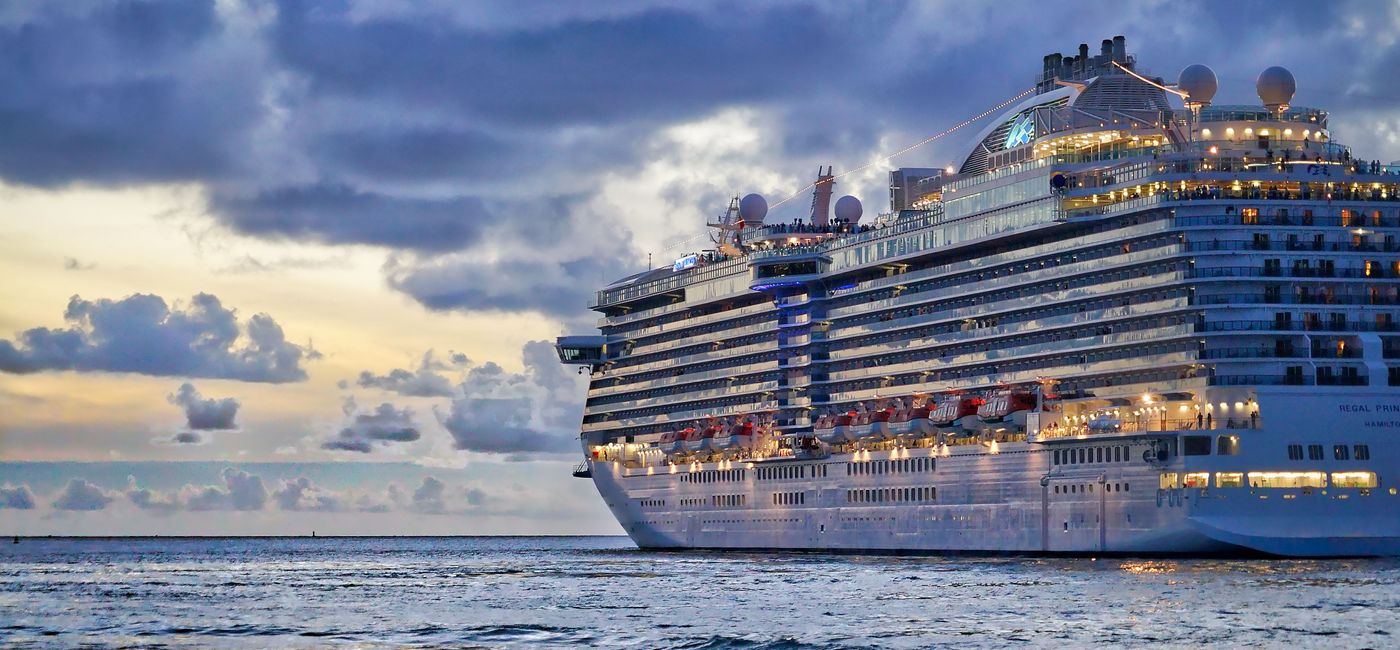WTTC Urges Governments to Support Sustainable Cruise Shipping to Acheive Net-Zero Emissions

In what represents an important step forward for the effort to combat climate change, the United Nations International Marine Organization (IMO) recently adopted a revised strategy to decarbonize global shipping.
The announcement came at the recent Marine Environment Protection climate summit in London. The IMO is aiming to reach net zero greenhouse gas emissions in international shipping by or around 2050, according to news reports.
Clean technology and global leaders lauded the announcement when it was made.
“This is fantastic news for the future of the global shipping industry as IMO adopts an accelerated strategy for cleaner shipping in the years to come, with an ultimate ambition of achieving a zero-emission future. There is no doubt that fuel cell technology will play an essential role in achieving the revised targets set forth by the IMO,” Tore Enger, Group CEO, TECO 2030, a Norwegian based clean tech company developing zero-emission technology for the maritime and heavy industry, said at the time.
IMO Secretary-General Kitack Lim also applauded the decision when it was announced.
“The adoption of the 2023 IMO Greenhouse Gas Strategy is a monumental development for IMO and opens a new chapter towards maritime decarbonization,” Lim said.
Now the World Travel & Tourism Council (WTTC) has issued a statement joining the chorus of support for the IMO’s new plan. The WTTC said it welcomes the IMO’s ambitious plan to achieve net zero emissions calling the effort a “crucial milestone for the cruise industry and our planet.”
WTTC President and CEO Julia Simpson also urged governments around the world to step up and help the IMO achieve its new goal.
“We urge governments to actively support sustainable marine fuels, shoreside power, and other net zero technologies in all shipping sectors,” Simpson said in a statement. “Collaboration between governments and the industry is vital to achieve net zero emissions.”
Indeed, without government cooperation and support, it will be challenging to achieve such net-zero goals. In the maritime and shipping industry, addressing GHG emissions is easily the largest challenge the industry has faced to date. And it will be aiming for net zero at a time when freight volumes are increasing.
